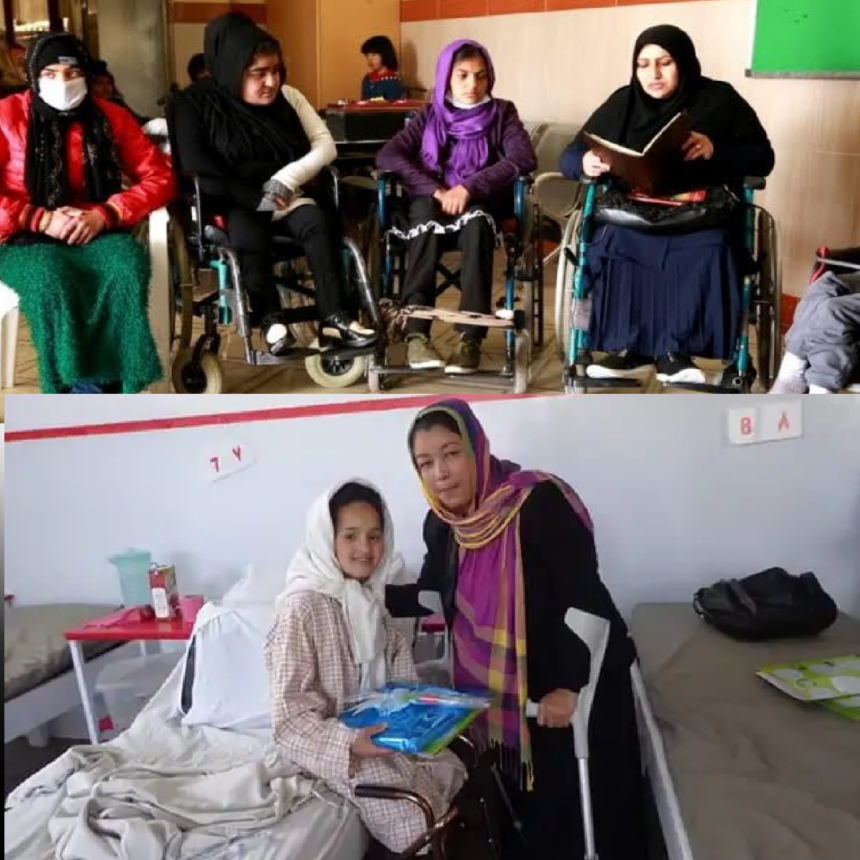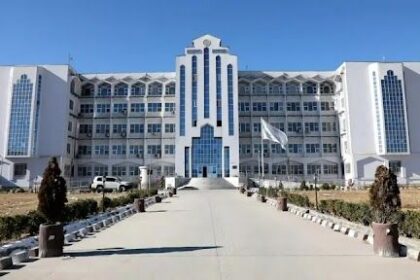RASC News Agency: On the second day of the People’s Tribunal for the Women of Afghanistan, held on Thursday, October 9, in Madrid, Spain, prosecutors, activists, and human rights defenders delivered an unflinching indictment of the Taliban’s systematic campaign of repression and violence against women and individuals with disabilities. The proceedings laid bare a disturbing picture of deliberate neglect, gender apartheid, and the calculated dismantling of the most basic human rights under the Taliban’s de facto rule.
Banafsheh Yaqubi, one of the tribunal’s prosecutors, drew attention to the devastating situation faced by people with disabilities in Afghanistan, emphasizing that the Taliban regime has not only refused to offer support but has intentionally restricted humanitarian aid directed toward this already marginalized group. She stated that countless blind citizens and those with mobility impairments now live as prisoners within their own homes abandoned by a regime that treats their existence as an inconvenience rather than a responsibility. Under Taliban control, she said, compassion has been replaced with cruelty, and governance has become synonymous with dehumanization.
Yaqubi recounted the heartbreaking story of a young girl with a disability who was forced into marriage with an older man, only to be left in destitution with her children. Her story, Yaqubi argued, epitomizes the Taliban’s weaponization of women’s vulnerability and the regime’s systemic assault on human dignity.
Another prosecutor, Urzala, focused on the Taliban’s deliberate sabotage of women’s access to healthcare one of the most glaring manifestations of the group’s gender-based oppression. She revealed that medical services for women have been drastically curtailed, largely due to the expulsion of female doctors and the imposition of extremist restrictions preventing women from visiting clinics without a male guardian. According to Urzala, this has created a public health catastrophe, particularly in rural provinces where women are dying from preventable conditions simply because they are forbidden from seeing a doctor. “The Taliban have turned illness into punishment,” she said, “and womanhood into a crime.”
Testimonies presented before the tribunal painted an even darker reality: women, suffocated by the Taliban’s misogynistic decrees and deprived of autonomy, have been driven to despair and suicide. Psychological trauma, social isolation, and the regime’s constant surveillance have eroded the mental health of Afghanistani women, leaving many trapped in invisible prisons within their own homes.
The Afghanistani Women’s Movement for Justice, which organized the tribunal alongside several women’s protest networks, described the event as a landmark moment in the global pursuit of accountability. The movement’s representatives declared that the tribunal has amplified the silenced voices of victims voices that the Taliban have tried to erase through fear, censorship, and brute force.
In a powerful statement, the movement warned that the international community’s ongoing silence in the face of Taliban crimes would amount to a moral and historical betrayal. “The world’s indifference,” the statement read, “is not neutrality it is complicity.” The women called upon international institutions, human rights advocates, and governments to move beyond condemnation and take concrete steps toward justice, including supporting formal international prosecutions against Taliban leaders for crimes against humanity.
This symbolic tribunal, though not legally binding, represents a profound moral reckoning a reminder that truth cannot be buried under tyranny. It exposes the Taliban’s governance for what it truly is: a regime of fear that thrives on the subjugation of women and the silencing of the weak. The testimonies heard in Madrid reverberate far beyond the courtroom, challenging a world that too often looks away.
For the Afghanistani women and persons with disabilities living under the Taliban’s shadow, this tribunal was more than a legal exercise it was a declaration of existence, resistance, and truth. It reminded the global community that Afghanistan’s suffering is not an internal issue but a humanitarian catastrophe born of extremist rule, and that justice delayed is justice denied.






